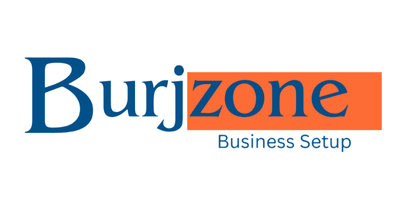Our Blog
Home / Blog
Setting Up Tax Groups in UAE: When It’s Beneficial
As the UAE’s corporate tax system matures in 2025, many businesses operating in Dubai, Abu Dhabi, Sharjah, and other emirates are exploring strategies to optimize their tax liabilities. One effective tool under the UAE Federal Tax Authority (FTA) is the option to form a tax group.
This article explains what tax groups are, when setting up a tax group in the UAE is beneficial, and how companies can leverage this structure for tax efficiency.
1. What Is a Tax Group?
A tax group allows two or more UAE-based companies that are financially and economically linked to file a single consolidated corporate tax return. The group is treated as a single taxable entity for corporate tax purposes.
2. Eligibility Criteria for Forming a Tax Group
To form a tax group in the UAE, companies must meet specific conditions:
All group members must be UAE-resident companies.
The companies should have at least 95% ownership or control linkages (e.g., parent-subsidiary relationship).
Group members must apply for tax group registration with the FTA.
3. Benefits of Setting Up a Tax Group
Simplified Tax Compliance: Submit one consolidated tax return instead of multiple filings.
Offsetting Losses and Profits: Losses of one group member can offset profits of another, reducing overall taxable income.
Intra-Group Transactions: Transactions between group members are disregarded for tax purposes, avoiding double taxation.
Cash Flow Management: Optimized tax payments across the group improve liquidity.
4. When Is a Tax Group Most Beneficial?
When multiple related companies operate in different emirates like Dubai, Abu Dhabi, and Sharjah.
When some group members incur losses while others generate profits.
When frequent intra-group transactions occur.
When the group wants to streamline tax administration and reduce compliance costs.
5. Application Process for Tax Group Registration
Submit a tax group registration request to the FTA with details of group members.
Provide evidence of ownership/control structure.
Await approval from the FTA before filing consolidated returns.
6. Important Considerations and Risks
All group members are jointly and severally liable for tax debts of the group.
Changes in ownership or membership require timely notification to the FTA.
Careful planning is needed to ensure compliance and maximize benefits.
7. Professional Guidance Is Recommended
Given the complexity of tax group formation and ongoing compliance, consulting tax advisors in Dubai, Abu Dhabi, or Sharjah can help businesses navigate requirements effectively.
Final Thoughts
Setting up a tax group in the UAE can offer significant tax advantages for related companies operating across emirates. By understanding eligibility, benefits, and compliance obligations, businesses can make informed decisions to optimize their corporate tax liabilities in 2025.
#UAETaxGroups #CorporateTaxUAE #DubaiTax2025 #AbuDhabiTaxGroup #SharjahBusinessTax #TaxPlanningUAE #FTACompliance
